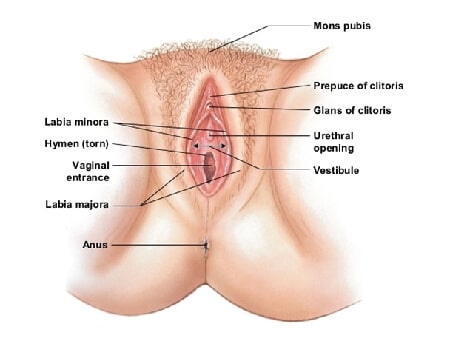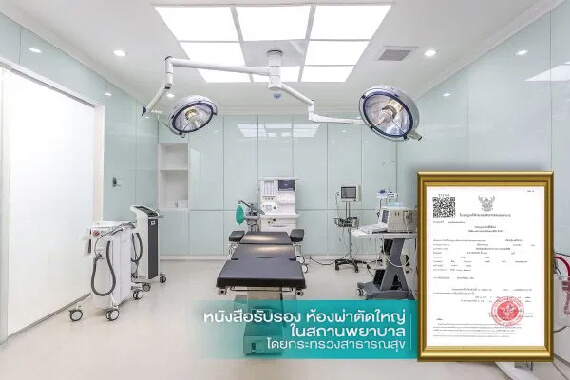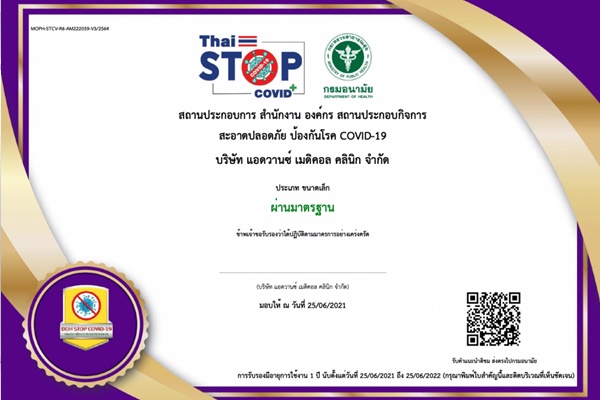Genital plastic surgery has become popular among women who are looking for vaginal rejuvenation. It involves several different type of procedures that are surgical and non-surgical. Vaginoplasty, hymenoplasty, labiaplasty, vaginal augmentation, and femilift are among the procedure that Rattinan clinic offer for vaginal rejuvenation.
These procedure are minimally invasive, low down time, and carried out in an outpatient visit. Vaginal dryness, urinary incontinence and other medical conditions may treated with vaginal rejuvenation. Before thinking of having the procedure done, you need to at least understand the anatomy of female genitalia. For you to fully understand your surgeon during consultation.
External Anatomy Of Female Genitalia

- Mons pubis – hair bearing area over the pubic bone at the upper part of genitalia
- Prepuce or clitoral hood – a fold covering the clitoris
- Glans of clitoris – small mass of erectile tissue at the end of the body of the clitoris.
- Urethral opening – is the opening or meatus of the urethra where the urine exits.
- Labia minora – is the inner folds of skin of the external female genitalia
- Hymen – a membrane that partially or completely covers the vaginal opening.
- Vaginal entrance – the passage from the outer sexual organ to the womb.
- Vestibule – an almond-shaped space between the lines of attachment of the labia minora.
- Labia majora – is the outer folds of skin of the external female genitalia.
- Anus – the posterior opening of the digestive tract.
Surgical Vaginal Rejuvenation Rattinan Clinic Offers
Labiaplasty procedure
Is the most commonly performed vaginal rejuvenation. The term labiaplasty means a surgical procedure that reduces the size of the labia minora.
Reason to seek labiaplasty procedure
- Many women are born with irregular or large labia. Some develop this condition after childbirth or aging. Discomfort come from exercise, sexual activity or from wearing tight clothes leads to seek labiaplasty procedure. Some women feel embarrassed with the way their labia look and often affects their sexual relationships and self-esteem. This also serves as a reason for them to undergo labiaplasty.
What type of anesthesia used for labiaplasty surgery?
Procedure performed under conscious sedation, you are not intubated or paralyzed during the surgery. Anesthesia will be provided by our board certified anesthesiologist.
- Surgery time is less than an hour.
- Performed in an out-patient visit.
- Can be performed together with vaginoplasty.
What are the risks?
- Most common risks of labiaplasty surgery may include bleeding, infection, and scarring.
- Consultation and surgery could be done at the same time.
Preparation for surgery
- Lab tests – to check your health status and any pre-existing conditions or risk factors.
- Stop certain medications for 1 week including aspirin, nonsteroidal anti-inflammatory drugs (NSAIDs) and blood thinners, all of which can increase the risk for bleeding. Certain vitamin and herbal medicine like omega-3 fatty acids, gingko biloba and green tea may also increase bleeding risk.• Stop smoking and drinking alcohol prior to surgery.
- Also avoid caffeine the day of the surgery, the numb medication we use have adrenaline that might increase heart rate. Caffeine might result to adverse reaction of adrenaline, and heart rate may increase more.
- Fasting of food and water for 6-8 hours on the day of the surgery.
- Wear loose clothing on the day of the surgery for comfort.
Post-surgery instructions :
- All sutures used are absorbable so need for follow-up or stitch off.
- The area should gently washed after each visit to the toilet, or at least five times a day.
- You may shower the day after the procedure – pat your labia dry, do not rub.
- No soaking or swimming for at least 1 month or until the incision is fully healed. To minimize the risk of infections.
- You will be given medications with instructions, to help in healing and reduce potential infections.
- If you develop rash or having allergic reaction to the medication, please call the clinic immediately.
- Wear cotton undergarments and avoid any undergarment that is tight or irritating for 4 weeks.
- You can return to work 2 to 4 days after the surgery.
- No sexual activity for at least 4 weeks.
Hymenoplasty procedure
Hymen is a thin membrane that partially covers the vagina. Other than sexual intercourse, vigorous exercise or activities, insertion of tampons, or even during regular pap smears the hymen becomes ruptured or torn. Some women may not even aware that their hymen has torn because they feel no pain nor no blood loss. There are also women who born without hymen.
Hymenoplasty or hymen repair is a procedure that will repair a torn hymen or build a hymen that is not present. This procedure will not store a woman’s virginity but will allow to tear and bleed the first time she will engage in intercourse after the surgery.
Reason to seek hymenoplasty procedure
Women seek hymenoplasty procedure for variety of reasons. Culture and religions are some of those reasons, because an intact hymen is traditionally taken to indicate a mark of virginity. In that circumstances, many women want their hymen reconstructed through hymenoplasty.
What type of anesthesia used for hymenoplasty surgery?
Procedure performed under conscious sedation, you are not intubated or paralyzed during the surgery. Anesthesia will be provided by our board certified anesthesiologist.
- Surgery time is less than an hour.
- Performed in an out-patient visit.
- Can be performed together with other vaginal rejuvenation procedure.
What are the risks?
Most common risks of hymenoplasty surgery may include bleeding, infection, and scarring.
- Consultation and surgery could be done at the same time.
Preparation for surgery
- Lab tests – to check your health status and any pre-existing conditions or risk factors.
- Stop certain medications for 1 week including aspirin, nonsteroidal anti-inflammatory drugs (NSAIDs) and blood thinners, all of which can increase the risk for bleeding. Certain vitamin and herbal medicine like omega-3 fatty acids, gingko biloba and green tea may also increase bleeding risk.
- Stop smoking and drinking alcohol prior to surgery.
- Also avoid caffeine the day of the surgery, the numb medication we use have adrenaline that might increase heart rate. Caffeine might result to adverse reaction of adrenaline, and heart rate may increase more.
- Fasting of food and water for 6-8 hours on the day of the surgery.
- Wear loose clothing on the day of the surgery for comfort.
Post-surgery instructions :
- All sutures used are absorbable so need for follow-up or stitch off.
- The area should gently washed after each visit to the toilet, or at least five times a day.
- You may shower the day after the procedure – pat your genitals dry, do not rub.
- No soaking or swimming for at least 1 month. To minimize the risk of infections.
- You will be given medications with instructions, to help in healing and reduce potential infections.
- If you develop rash or having allergic reaction to the medication, please call the clinic immediately.
- Wear cotton undergarments and avoid any undergarment that is tight or irritating for 4 weeks.
- You can return to work 2 to 4 days after the surgery.
- Refrain from any vaginal insertion including tampons until the wedding night.
Augmentation labiaplasty
A vaginal rejuvenation procedure that involves taking fat from other areas of the body and reinjecting it into the labia majora for more youthful appearance.
What are the risks?
- Augmentation labiaplasty risks include under or overcorrection, infection, and failure of the fat to take hold.

Gynecologist
The surgeon who performs the treatment
Dr. Chanin Asvadhares
Board Certifications
- M.D., Chiang Mai University, 1978
- Board Certified of Obstetrics & Gynecology
Special Clinic Interests
- Cosmetic Gynecology
- Vaginal repair, Vaginal Tightening
- Labiaplasty
- Clitoral hood reduction
Treatment Details

Operation Time
1 1⁄2 Hours

Anesthetic Method
Anesthetic

Stay in Hospital
1 Day

Recovery Period
1 Week After Surgery
Alert : Common complications that can occur after surgery include: Bleeding, infection Or that inflammation They differ depending on the physical condition of each person. Therefore, caution should be followed strictly.
Atmosphere Rattinan Medical Center
Clean, safe and meet international standards
Class A surgical facility
Along with a team of expert doctors
Established 1999, over 24 years of experience
Accredited by AACI (American Accreditation Commission International) 2021- current










